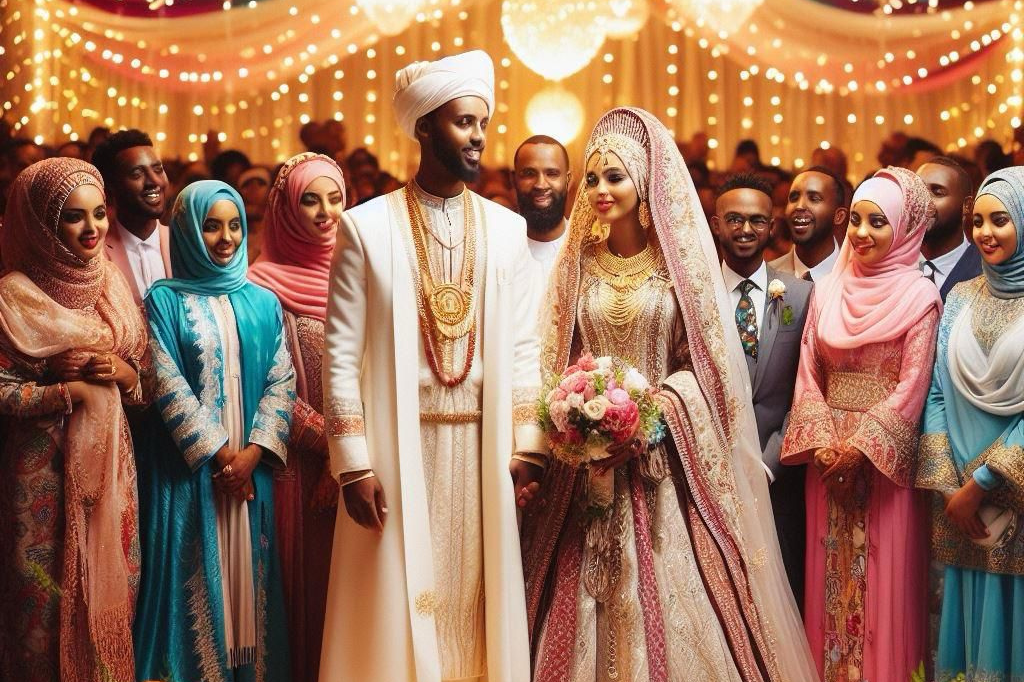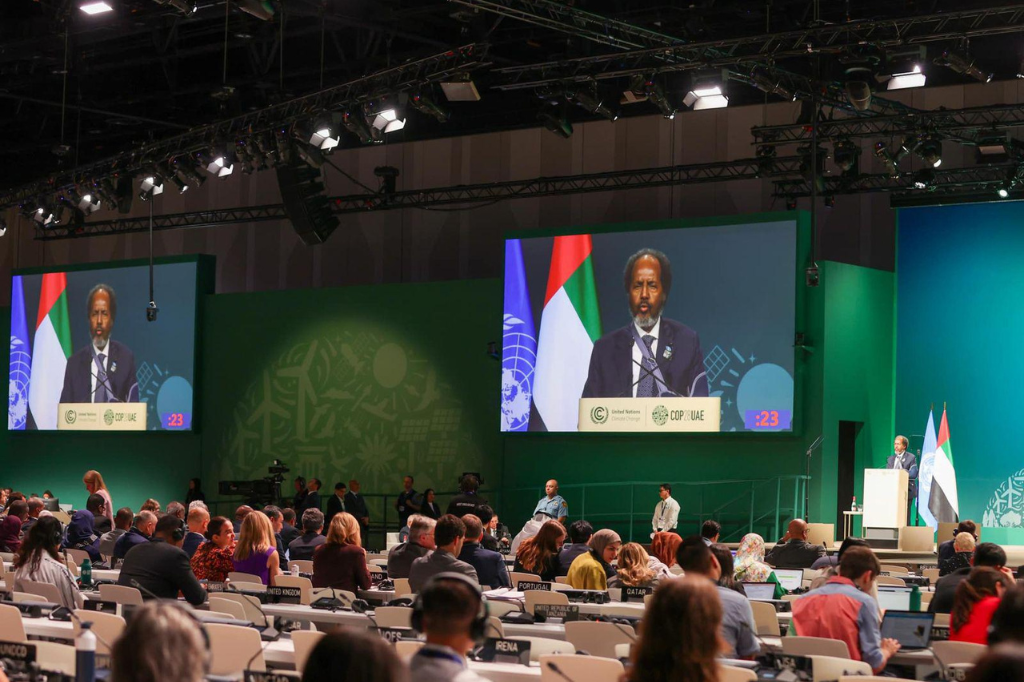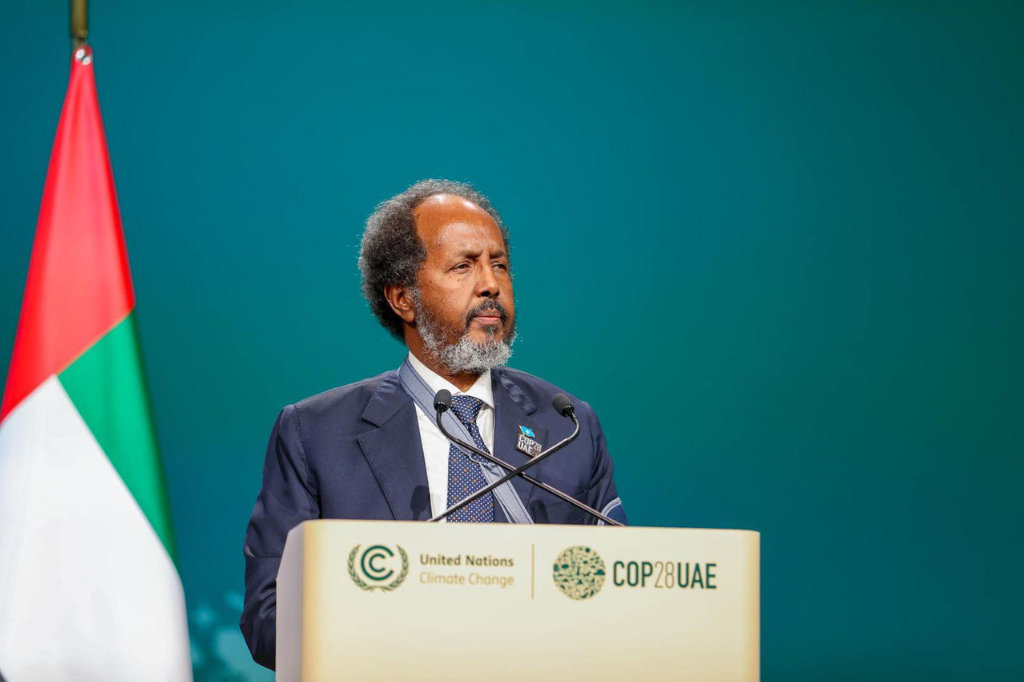
Going to Morocco: The Latest Somali Social Media Trend Raises Moral Questions

In Somali social media, a new trend emerges every other month, providing endless entertainment. However, a closer look of current trends across various social media platforms reveals a shift in the nature of online trends. This shift has brought to the forefront a disconcerting normalisation of behaviours that sometimes celebrate contents that challenge ethical norms.
What was once considered a cultural taboo is now a casually discussed topic, an indication of societal and cultural shift. Among the myriad of trends, the endless Morocco-bound men in search of marriage- ready women, recording themselves at various airports around the globe, has notably garnered a lot of attention recently. This follows in the footsteps of previous trends, such as last year’s focus on “Tigrayan women”.
Beyond the humorous facade, this article raises moral questions: are these trends merely amusing or are there underlying ethical concerns that warrant a closer moral scrutiny?
Foreign women trend
In 2021, during the height of the Tigray war and the arrival of refugees from Ethiopia in the country, a new trend emerged. The trend involved men who, in search of social media gratification, began sharing images of good-looking Tigrayan women accompanied by announcements of their purported plans to marry them. What set this trend apart was its deliberate aim to elicit reaction from Somali women, a strategy that proved successful in generating widespread online discussions.
The ensuing responses ignited a debate, with Somali women expressing their discontent and labelling the trend as disrespectful. However, as months passed, the initial fervour surrounding the trend gradually waned and, as usual, social media moved on to the next viral obsession.
It wasn’t long until a new trend emerged. This time the focus is on Moroccan women. Diverging from its predecessor, which portrayed Ethiopia as the new hub for marriage, the current trend takes a different approach. It revolves around Somali men migrating to Morocco in search of what they ambiguously and insultingly label as “better women”.
Moral dilemma
As anticipated, this new craze has ignited another online outcry, prompting shallow coverage by click-hungry local media outlets thus eluding proper public scrutiny.
Again, Somali women are the ones asking the right questions. They express discontent over its perceived disrespectfulness. Some rightly highlight the potential long-term harm of creating a narrative that condemns Somali women to lesser beings. If these sorts of things continue, they argue, Somali woman could subconsciously and even openly become undesirable to future generations.
Secondly, social media has become a breeding ground for the unchecked dissemination of images featuring women, often without their awareness let alone consent.
What intensifies this issue is the sensationalisation of these women, who remain blissfully ignorant of their images circulating across various social media platforms. This conduct stands in contrast to the historical fabric of Somali culture, which traditionally refrained from reducing women to mere objects of public scrutiny without their knowledge or permission.
Ridiculing women has never been a part of Somali values and culture, despite being a patriarchal society. Somalis historically upheld high standards of respect and dignity for women. The perpetuation of such trends threatens to erode the very fabric of Somali values, calling into question the moral standards that Somalis claims to uphold.
Equally disconcerting is the widespread nonchalance exhibited by many individuals, who, whether knowingly or ignorantly, derive amusement from these trends. This lack of ethical reflection raises concerns about the implications and consequences of partaking in what may seem like a harmless social media trend.
Way forward
As a society where social media wields an ever-growing influence, especially among the younger generation, things cannot go on the way they are now. Influential Somali social media users should operate under a moral compass that guides young generation towards responsible and ethical online conduct. This imperative requires a concerted effort at both the community and government levels.
At the community level, empowering individuals, especially the younger demographic, with the knowledge and understanding of the potential harms associated with irresponsible social media behaviour is essential. Communities should actively engage in conversations about consent, privacy, and the ethical use of digital platforms to instil good moral standards and responsible online behaviour.
Equally, the government can play a role in forming the regulatory standards of social media. Considering the absence of laws regulating social media in the country, there is a need for legislative measures that safeguard individuals from the harmful consequences of unauthorised image-sharing. Whether through the enactment of libel laws or the amendment of existing ones, policymakers must address the gaps in legal frameworks to create a more secure and ethical online environment.
The harm caused by social media, as evidenced by the trends of unauthorised image-sharing, should not go unchecked. Whether through legislative measures, community-driven initiatives, or awareness campaigns, it is imperative that we, as a society, take proactive measures to instil a sense of responsibility and morality into our digital interactions.
- Tags: Morocco, Social Media, Somalia, Tigray
Mahbub Mohamed Abdillahi
Related News




Somalia’s Single-Use Plastic Bag Ban Was Long Overdue

Election in Puntland: A Historical Overview


Somalia at COP28 Recap: Key Highlights and Outcomes

Breath of Fresh Air: The Force Behind Mogadishu’s Newfound Security

